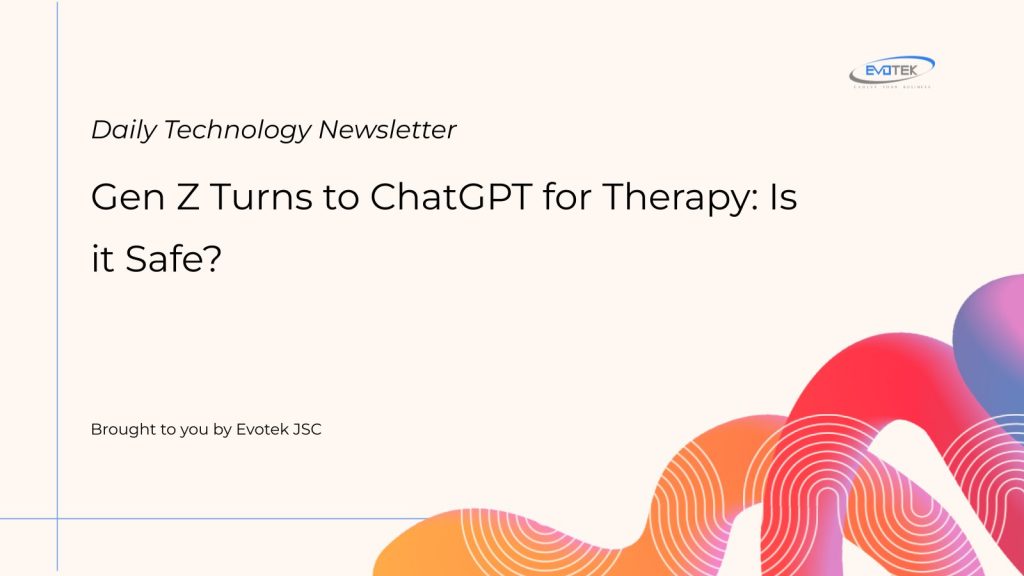Facing rising costs and long wait times, Gen Z is increasingly seeking mental health support from AI chatbots like ChatGPT. While these platforms offer affordable, on-demand access, licensed therapists are raising concerns about the potential dangers.
The Appeal of AI Therapy
ChatGPT’s appeal lies in its accessibility and cost-effectiveness. Unlike traditional therapy, which can cost upwards of $200 per session, ChatGPT offers unlimited access for a monthly fee. Users report feeling heard and understood by the AI, finding it to be an empathetic and readily available listener.
“It’s like having a therapist in your pocket, 24/7,” says one user quoted on social media. “And it doesn’t break the bank.”
The Risks of Relying on AI for Mental Health
However, mental health professionals caution against relying solely on AI for therapy. They emphasize that ChatGPT lacks the nuanced understanding and ethical considerations of a human therapist.
Potential Pitfalls Include:
- Lack of Emotional Intelligence: AI cannot truly empathize or understand the complexities of human emotions.
- Inaccurate Diagnoses: AI is not equipped to provide accurate diagnoses or treatment plans.
- Data Privacy Concerns: Sharing sensitive personal information with an AI chatbot raises privacy concerns.
- Over-Reliance and Dependency: Over-dependence on AI can hinder the development of crucial coping mechanisms and interpersonal skills.
AI as a Tool, Not a Replacement
Experts suggest that AI could potentially be a helpful tool to supplement traditional therapy, but it should not replace the guidance of a licensed professional. It can be used to track moods or help with journaling.
Ultimately, seeking guidance from a qualified therapist remains the best course of action for addressing mental health concerns.

 日本語
日本語 한국어
한국어 Tiếng Việt
Tiếng Việt 简体中文
简体中文